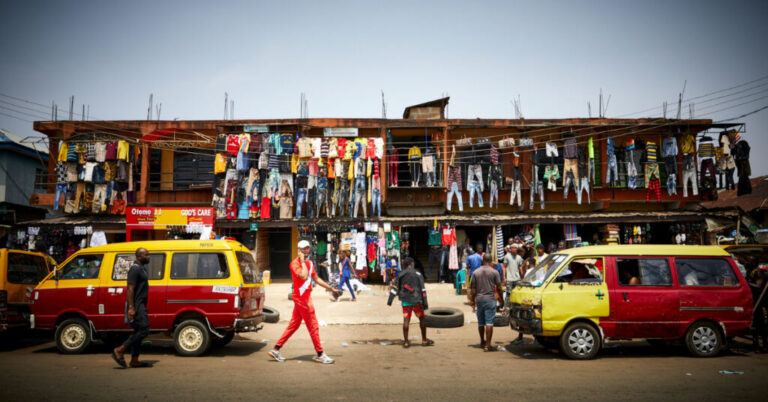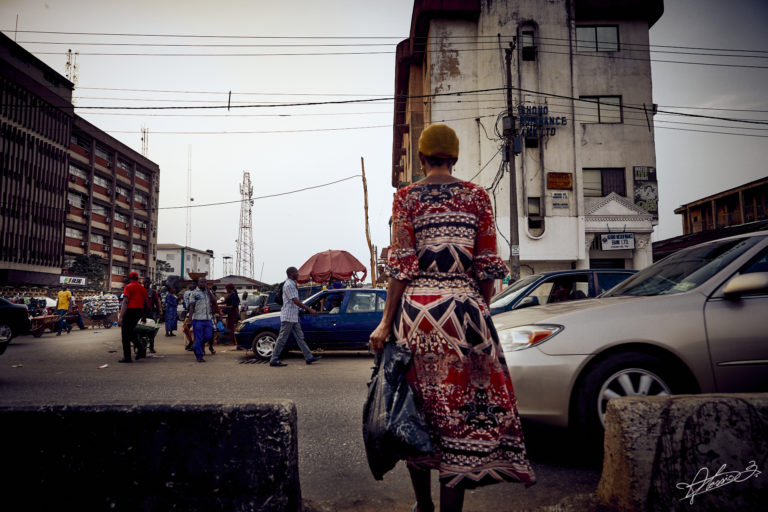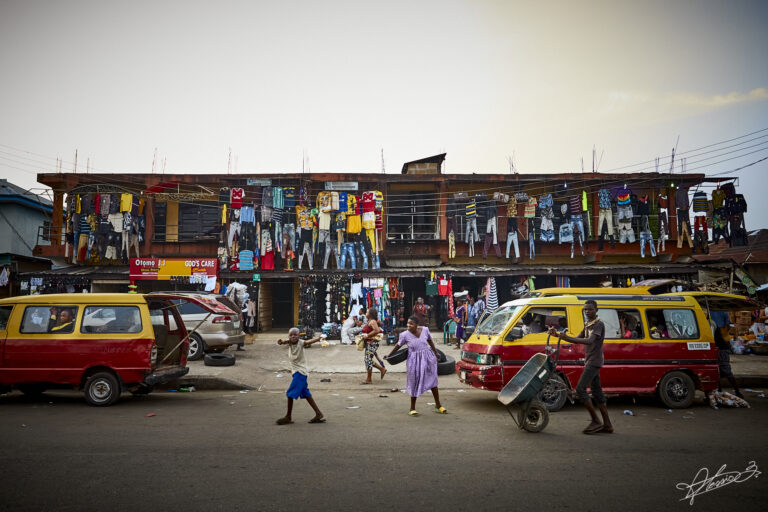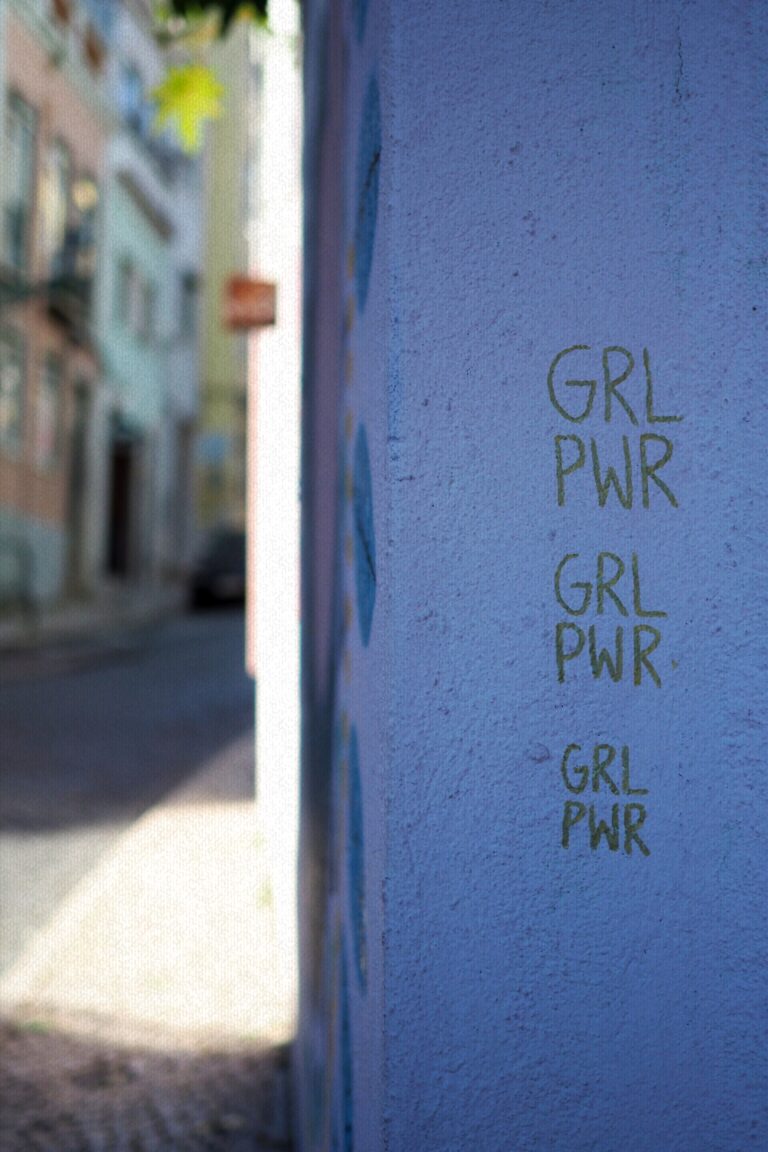
What it is about
The programmes of assisted voluntary return are a tool used by European governments in the context of externalisation policies. As a response to the blockade created in transit countries such as Libya, Niger and Tunisia, programmes are funded to encourage the return of migrant people to their home countries. Such programmes are generally implemented by the International Organization for Migration (IOM) and are also addressed to people considered as vulnerable, such as those who survived trafficking, unaccompanied minors or asylum seekers.
Several United Nations bodies have pointed out the criticalities of these programmes and, referring to transit countries, they highlighted in particular:
- the lack of alternatives to regularize one’s legal status in the country;
- the subjection to long and/or arbitrary detention;
- the degrading life conditions.
All this can determine the impossibility for migrants to freely express their will to be repatriated. However, in certain contexts, primarily in the Libyan one, the so-called voluntary return becomes the only alternative to detention and conditions of exploitation and indiscriminate violence.
Trafficked women from Nigeria are among the people that in Libya are most exposed to this dynamic. The current evacuation and protection programmes active in Libya are in fact addressed to people belonging to nine nationalities, among which Nigerian is not present. In the face of heavy restrictions imposed on the exit from the country, thanks to the cooperation and equipment of the so-called Libyan Coast Guard by the European countries and Italy, the only way for trafficked Nigerian women to leave the country and to escape abuses is to accept the so-called assisted voluntary return. In this way however they are exposed to the risk of re-trafficking. Minors who undertake the journey alone are exposed to similar risks in case of return to their own countries of origin.
For further information on the criticality of voluntary return for women subject to trafficking, and on the expanded use of voluntary return option, see:
What has been done
In December 2021 two individual communications were submitted, in collaboration with NULAI, to the UN Committee on the Elimination of Discrimination against Women (CEDAW).
The communications concerned two Nigerian women who were subjected to trafficking and slavery in Libya and subsequently returned to Nigeria where they joined programmes of “reintegration” which proved extremely deficient, economically insufficient to protect them from the risk of refoulement and which did not provide any kind of medical and psychological support despite the violences and tortures they suffered in Libya. The return, according to the applicants, was carried out without an adequate assessment of the risk of refoulement. The action was brought against Libya and Italy, the latter in particular because the Italian blockade policy prevented the applicants from leaving Libya and determined their detention. Following the interceptions at sea made by the so-called Libyan Coast Guard, the applicants were in fact reintroduced in a system of detention, trafficking and exploitation by private and state actors. Moreover, Italian funding was provided to IOM even if the organization did not provide appropriate guarantees on the protection of refugees and eventually permitted their return. The appeal was supported by a legal expert opinion of the International Protection of Human Rights legal clinic of the Law Department of Roma 3 University.
What else can be done
- ASGI has been preparing an individual communication against Italy to the UN Committee on the Rights of the Child for the detention in Libya and the voluntary return of minors who are unaccompanied and/or victims of trafficking.
The case will follow the approach of the communications submitted to CEDAW, tracing Italian responsibilities related to the blockade of departures from Libya and to the funding in the absence of adequate guarantees of so-called assisted voluntary return programmes carried out by IOM.
- Lawyers, legal advisors and other professionals who are in contact with people who have had such experiences, can consider, together with migrants, the possibility of submitting this kind of communication to widen its scope and strengthen its effects.
Both kinds of appeal may also be proposed for victims of trafficking or minors who were detained and/or enslaved in Libya and who subsequently arrived to Italy. In this case, the communications would be focused on the violations suffered by migrants because of the impossibility to leave the country due to the increased capacity of the Libyan forces to intercept boats and to stop departures thanks to Italian funding.
For more information:

The consequences of externalisation of border on women’s rights
Today, December 16 2021, we presented at the Press Conference the appeal of two women victims of trafficking against Italy e Libya. The two Country are accused of violating the articles 2 and 6 of the Convention on women rights. Princess and Doris (names are fictitious to protect the identity of the applicants), arrived in […]

FOCUS NIGERIA
Trafficking and exploitation of Nigerian women: the impact of borders externalization policies on the right to international protection The containment of mobility from Libya and the use of so-called voluntary return programmes have a specific impact on the access to protection of migrants. This focus analyzes, through five in-depth articles, the way in which Nigerian […]

On 16 April 2021, a round table discussion with Nigerian experts on the changing ways in which trafficked persons are subjugated
On 16 April 2021, the online roundtable “The transformation of the ways in which Nigerian trafficked persons are subjugated for the purpose of sexual exploitation” will be held on Zoom. The event, which will see the presence of Nigerian experts on the topic of trafficking in human beings, is organised by ASGI, Dedalus, Weavers of Hope, Spazi Circolari. […]

Nigeria: The risk of re-trafficking and (in)voluntary return of victims of trafficking
By Federica Borlizzi Nigerian women are among the five non-European nationalities most at risk of trafficking. According to the IOM, 80% of the Nigerian women arriving in Italy are likely to be victims of trafficking for the purpose of sexual exploitation [1]. The journey to Europe is usually organized by a “madame” and the victims […]



